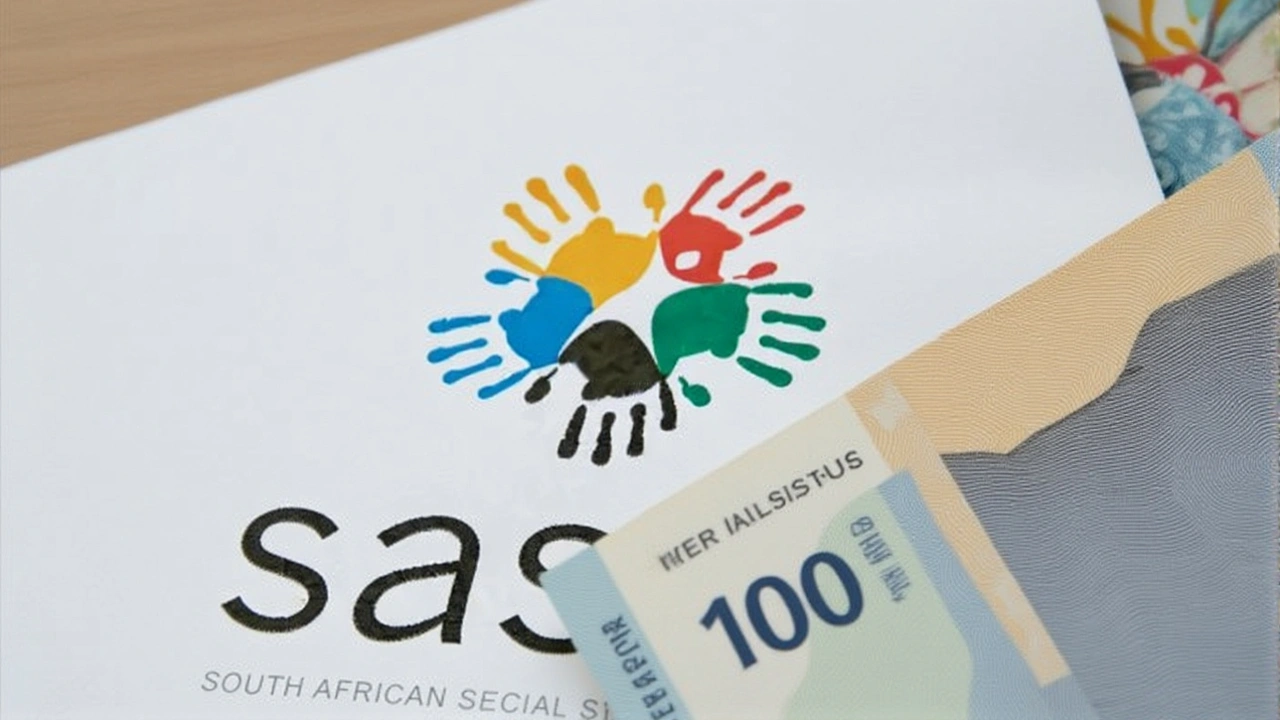Every month, thousands of South Africans lose cash to fake grant calls. The problem isn’t new, but the tactics keep changing. If you rely on a social grant, you can’t afford to ignore the warning signs. Below we break down the most common scams and give you simple steps to stay safe.
Scammers usually start with a phone call that looks official. They claim to be from the South African Social Security Agency (SASSA) and say there’s an issue with your payment. The voice may sound convincing, and they often use the SASSA logo on a printed flyer or email to add credibility.
Once they have your attention, they ask for personal details – your ID number, bank account, or even a one‑time password you received from your bank. Some fraudsters go further and request a small “verification fee” to release the blocked grant. Paying that fee instantly hands them your money and access to your account.
Another popular method is the “fake SMS” trick. You receive a text that looks like it’s from SASSA, warning you that your grant will be stopped unless you confirm your details on a link. The link leads to a replica of the SASSA portal, where any information you type is captured by the criminals.
The first rule is simple: SASSA never asks for money or personal passwords over the phone or via SMS. If someone asks for a fee, hang up and call the official SASSA helpline at 0800 60 10 11.
Never click on links in unsolicited messages. Instead, go directly to the SASSA website by typing the address yourself. Look for the green lock symbol in the browser bar – that means the site is secure.
Keep your ID number and bank details private. It’s okay to share them with a bank officer in person, but never over the phone unless you initiated the call and are sure you’re speaking to a verified employee.
If you suspect a scam, report it immediately. You can forward suspicious SMS messages to 0800 00 1111, the national fraud helpline, or drop a note at your nearest SASSA office. The faster the report, the quicker they can warn others.
Finally, share what you learn with family and friends. Many victims are elderly people who trust the voice on the phone. A quick heads‑up can stop a scam before it reaches them.
Social grant fraud hurts individuals and drains resources that could go to those who truly need help. By staying alert, checking the source of every request, and reporting suspicious activity, you protect not only your own grant but the whole community.

SASSA warns South Africans that social grant applications are free, urging citizens to report anyone demanding payment. Over 19 million beneficiaries are targeted by fraudsters exploiting the biometric verification system.
Read More